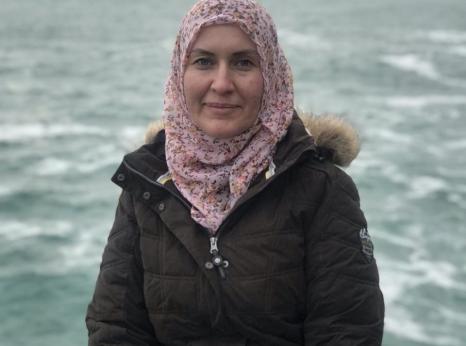Russian Federation/Ukraine: Human Rights Lawyer Disbarred In Crimea

Protection of lawyers against intimidation, harassment or interference, including through the use of disbarment procedures, is essential to ensuring the proper administration of justice and the right to a fair hearing. The Basic Principles on the Role of Lawyers (adopted by the Eighth United Nations Congress on the Prevention of Crime and the Treatment of Offenders, Havana, Cuba, 27 August to 7 September 1990) point out that the “adequate protection of the human rights and fundamental freedoms to which all persons are entitled, be they economic, social and cultural, or civil and political, requires that all persons have effective access to legal services provided by an independent legal profession.” The Basic Principles also provide that governments must “ensure that lawyers (a) are able to perform all of their professional functions without intimidation, hindrance, harassment or improper interference… (b) are able to travel and to consult with their clients freely and (c) shall not suffer, or be threatened with, prosecution or administrative, economic or other sanctions.”
Lilia Hemedzhy has been one of the few lawyers who have been helping Crimean Tatar activists to fight persecution and seek justice, in a setting where legal professionals providing services to Crimean Tatars face harassment and persecution. She has organized a school for public defenders where she shares her experience and knowledge with others, in response to the constant pressure and attempts to stop her from working as a human rights lawyer representing Crimean Tatars and the Muslim community in Crimea.
Lilia Hemedzy is also one of the founding members of the Crimean Solidarity grassroots movement, created on 9 April 2016 in response to the Russian authorities’ political and religious persecution of Crimean Tatars in Crimea. The movement brings together activists, lawyers and the relatives of those who have been arrested and prosecuted, to ensure they can access legal aid, financial, medical and other vital support. The movement also seeks to raise awareness about ongoing human rights violations in Crimea. Several prominent members of the Crimean Solidarity have been imprisoned on trumped-up charges.
Crimean Tatars are the indigenous people of Crimea who made up an estimated 12 percent of the peninsula’s population before its occupation and illegal annexation by the Russian Federation in 2014. Many prominent members of the Crimean Tatar community have been among the most vocal critics of Russian discriminatory policies on freedom of religion and belief; the entire community has been regarded as disloyal and targeted with reprisals. People speaking up about human rights violations committed in Crimea since 2014 have faced persecution, including enforced disappearances, harassment, intimidation, arbitrary arrest, torture and other ill-treatment, and prosecution and long-term imprisonment following unfair trials under politically motivated charges.